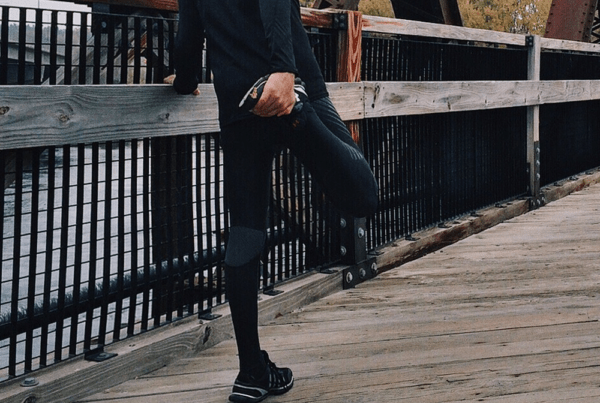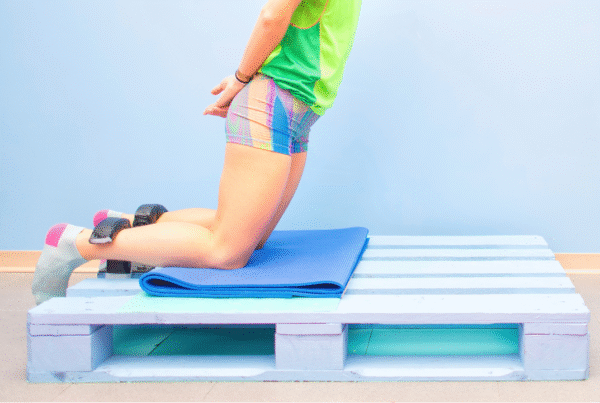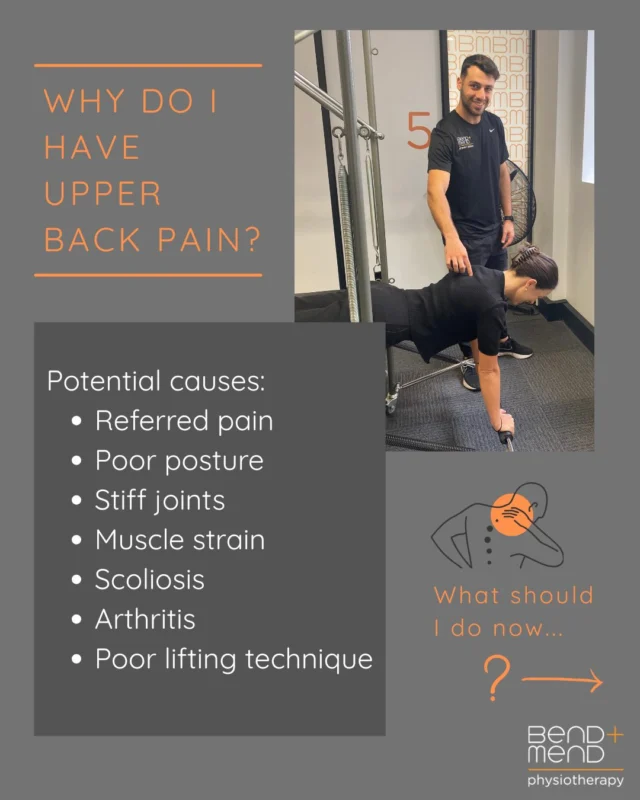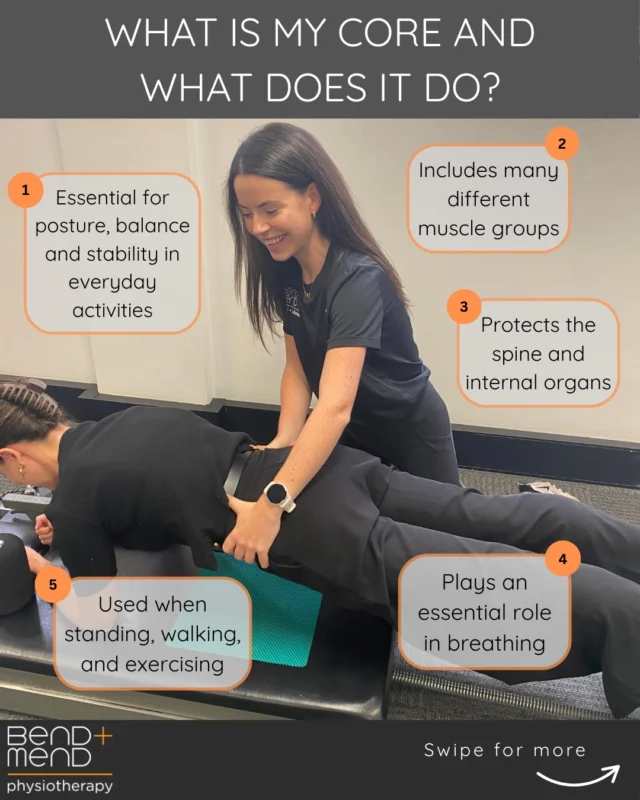Myself, like many of you in lockdown, have been tuning into the Olympics for some sporting entertainment. Whether you agree or not on whether the Olympics should have gone ahead in Tokyo this year, you have to admit that the athletic show that has been on display thus far has been of the highest quality. Over the past few days I have become a self-confessed diving and gymnastics critic and have been inspired by Australia’s performance in the pool. All this viewing has made me wonder what makes these athletes, ‘Olympians’. Are they born more likely to be successful in athletics or is it hard work and determination that gets them there?
There is a number of characteristics which seem common amongst the world’s top athletes:
- Training, training and more training.
Many of the top Olympic athletes started their sports at a very young age. Olympians such as Michael Phelps (Olympic swimmer) and Tom Daley (Olympic diver) started their sports specific training at the age of 6. Years of practice and devotion to their sports in the younger ages allow for the development of skills and strength required for strong athletic performance.
In addition to years of practice, once athletes reach their elite status the amount of hours placed into training only increases. A study examining cross country skiers, in the year leading up to a major competition such as the Olympics, averaged around 800hrs over 500 sessions, in the week leading up to competition alone, few of the athletes took any rest days.1
- Encouragement and support.
One thing that seems in common amongst Olympians is family and friends’ encouragement and support throughout an athlete’s career. There is the exception of course, but most, when they win the coveted medal thank their family for the ongoing support. Family when the athlete is small, is crucial to assist the athlete in attending training and events along with the emotional and financial encouragement and support to achieve their dreams. Those who don’t have the support of friends and family find it much harder to attend to training and competition and excel in their chosen sport.
- Physical characteristics.
The physical characteristics of an athlete and whether they rise to an elite level or not can be influenced by the sport they choose to compete in. People who have large arm spans are more suited to sports such as rowing and swimming whereas shorter individuals are more suited to sports such as gymnastics.2 Sports such as football, table tennis and tennis can host a range of athletes with different physical characteristics. This is purely based on the requirements needed to be successful in the sport.2
However, not every person who has a long arm span will be good rower, other attributes of an athlete including aerobic capacity and muscle building capacity also influence whether a person will be successful or not.
Based on these attributes it seems that Olympic athletes need to have both physical attributes and good determination and support to get to the top. They need to be both born with the physical attributes of an athlete and work hard with sheer determination to become an Olympian.
References:
- Tønnessen E, Sylta Ø, Haugen TA, Hem E, Svendsen IS, Seiler S. The road to gold: training and peaking characteristics in the year prior to a gold medal endurance performance. PLoS One. 2014 Jul 14;9(7):e101796.
- Kerr DA, Ackland TR, Schreiner AB. The elite athlete – assessing body shape, size, proportion and composition. Asia Pac J Clin Nutr. 1995 Mar;4(1):25-9. PMID: 24394244.





